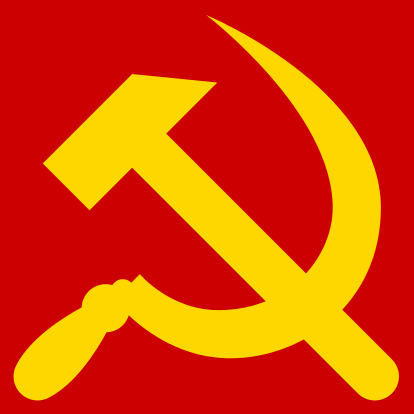Godwynn
March to the Sea
- Joined
- May 17, 2003
- Messages
- 20,509
Bloomberg
Should Obama continue imposing tariffs on cheap imports?
Should we only have free trade agreements with developed, first world countries?
Will the PRC impose tariffs of their own in retaliation?
By Mark Drajem
Sept. 12 (Bloomberg) -- President Barack Obama placed tariffs of 35 percent on $1.8 billion of automobile tires from China, acting on a labor union complaint that surging imports were pushing U.S. factory workers out of their jobs.
The additional duties will begin Sept. 26 and last for three years, dropping 5 percentage points a year, according to a White House statement.
These remedies are a necessary response to the harm done to U.S. workers and businesses, U.S. Trade Representative Ron Kirk said in a statement. Enforcing trade laws is key to maintaining an open and free trading system.
The case brought by the United Steelworkers is the largest so-called safeguard petition filed to protect U.S. producers from increasing imports from China. Union leaders and Democratic lawmakers portrayed the decision as a gauge of how Obama would balance his campaign pledge to protect workers from imports with his statements as president that he would avoid protectionism.
Democratic Representative Louise Slaughter of New York said the decision was the first big test of whether President Obama was going to side with the interest of big corporations and the U.S. Chamber of Commerce or with workers.
I am happy to say that he came down on the right side, she said in an e-mailed statement.
The decision is a blow to Chinese producers such as GITI Tire Pte Ltd., the largest Chinese tire maker, and U.S. retailers of low-cost imports.
Unprecedented Action
By taking this unprecedented action, the Obama administration is now at odds with its own public statements about refraining from increasing tariffs, Vic DeIorio, executive vice president of GITI Tire in the U.S., said in a statement. This decision will cost many more American jobs than it will create.
The independent U.S. International Trade Commission recommended that Obama impose duties for three years, starting at 55 percent, to counter a tripling of tire imports from China from 2004 to 2008. The union, which represents 15,000 employees at 13 tire plants in the U.S., said cheap imports were forcing factories to close, eliminating jobs.
The president sent the message that we expect others to live by the rules, just as we do, United Steelworkers President Leo Gerard said in a statement. This decision means China and other countries can no longer assume they can engage in predatory trade practices with impunity.
Hosting Hu Jintao
Obama is to speak at a convention of the AFL-CIO, the nations largest labor federation, next week. He is also hosting Chinese President Hu Jintao and other world leaders at an economic summit in Pittsburgh later this month.
China is the second-largest U.S. trading partner, after Canada.
Since the Steelworkers filed their petition in April, tire imports from China rose as importers raced to beat the imposition of tariffs or quotas. The tariffs Obama imposed are in addition to existing 4 percent duties on all Chinese tires for cars and light trucks.
All of the U.S. tire makers have operations in China, according to the ITC, and none of them publicly supported the Steelworkers complaint. Goodyear Tire & Rubber Co., the largest U.S. tiremaker, stayed neutral. Cooper Tire & Rubber Co., the second-largest U.S. tiremaker, opposed the relief. The company has a plant in China.
Protectionist Spiral
Chinese officials and a lobbying group for multinational companies such as Caterpillar Inc., Citigroup Inc. and Microsoft Corp. have urged Obama to refrain from curbing imports, saying it could lead to a downward protectionist spiral.
Imposing tariffs will have highly damaging ripple effects throughout the U.S. economy by increasing the cost of imported tires that largely comprise the low-end of the tire market, the Emergency Committee for American Trade, which represents those companies, wrote in a letter to Obama last month.
Former President George W. Bush turned down each of the four requests for such trade safeguards in other industries, saying they would do more harm than good to the U.S. economy. Obama pledged during the election campaign to take a harder line against Chinese trade barriers, and said he would assess these safeguard cases on their merits.
Since taking office Obama has vowed to avoid any new protectionist measures.
While its tempting to turn inward during this time of economic uncertainty, President Obama and Chinas leaders have counseled us to avoid protectionism, Commerce Secretary Gary Locke said at a dinner hosted by the U.S. Chamber of Commerce Sept. 10 to fete Wu Bangguo, Chinas top legislator.
To contact the reporter on this story: Mark Drajem in Washington at mdrajem@bloomberg.net
Should Obama continue imposing tariffs on cheap imports?
Should we only have free trade agreements with developed, first world countries?
Will the PRC impose tariffs of their own in retaliation?



 Orwell is alive and well
Orwell is alive and well